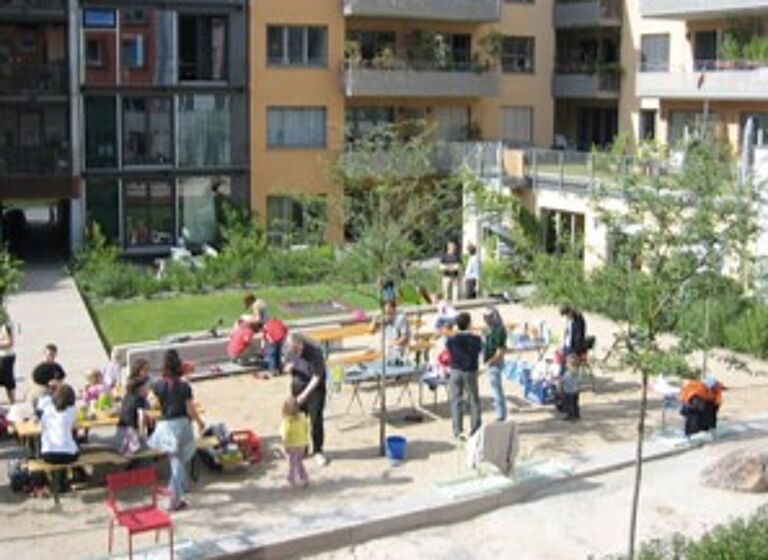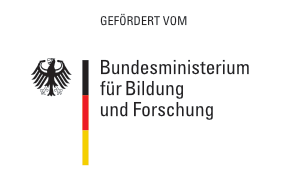
KoSEWo
Sustainable consumption models of the Share Economy in the housing industry
About the project
The trend of the "share economy" has also found its way into the housing industry. Sharing, swapping and lending initiatives reflect the zeitgeist of "using instead of owning". Housing companies are increasingly recognising their role in promoting sustainability and are developing collaborative offers for their tenants that are close to home in the consumption fields of housing, energy, food or even mobility.
Promoting sustainability awareness and sustainable consumption are important current goals of the German government. To achieve sustainable consumption, both technical and social solutions are necessary. The growing segment of the "share economy" or collaborative consumption offers a great opportunity for new consumption and ownership models. The housing industry has also recognised the trend towards the shared use of goods and has already incorporated sharing and exchange approaches into its product and service portfolio. These include, for example, discounted car-sharing offers for their tenants or the provision of space for urban gardening initiatives, community spaces, food cooperatives or recycling initiatives.
KoSEWo
Grant provider: Drittmittel-Forschungsprojekt des Bundesministerium für Bildung und Forschung (BMBF)
Project sponsor: VDI/VDE Innovation + Technik GmbH
Duration: 08.2015 – 10.2017
Research aims and methodology
The research project focuses on the expected development of the potential as well as the future trends of collaborative innovation processes in the housing industry about the sustainable consumption behaviour of residents of urban residential neighbourhoods. A particular challenge is the connection with the current housing policy debate on more affordable housing. The contribution of sustainable consumption models to the provision of low-income households is therefore to be particularly investigated. The main objectives of the research project are:
- Survey and typification of existing models of collaborative, sustainable consumption in the housing sector;
- To identify and assess possible potentials arising in the future from the application of such consumption models in the housing industry;
- Identify opportunities, risks and impacts of promoting collaborative consumption in the housing sector;
- Identification of potentials and conflicts between collaborative consumption models and the supply of affordable housing.
Methodologically, a selection of possible case neighbourhoods will be compiled within a preliminary study and selected via an online survey of the participating housing companies. After selecting two neighbourhoods as the subject of the study, tenant surveys and future workshops will be empirically conducted and evaluated in case studies. A concrete practical reference will then be made using an example neighbourhood of KoWo in Erfurt. Recommendations for action for housing companies will be derived from the results and an outlook on the future development of the topic will be given.
Project team
Former research associates
- Marie-Luise Baldin, M.A.
- Luciana Löbe, M. Sc.




